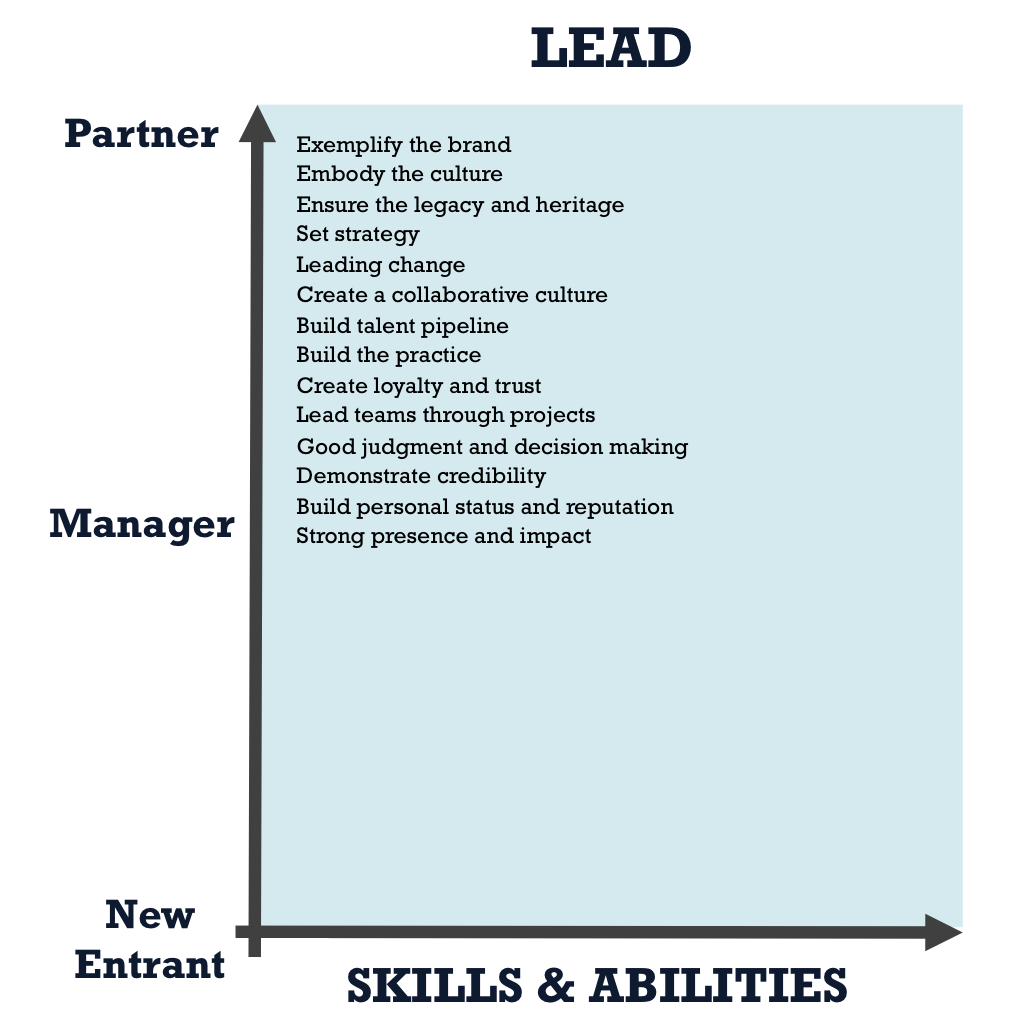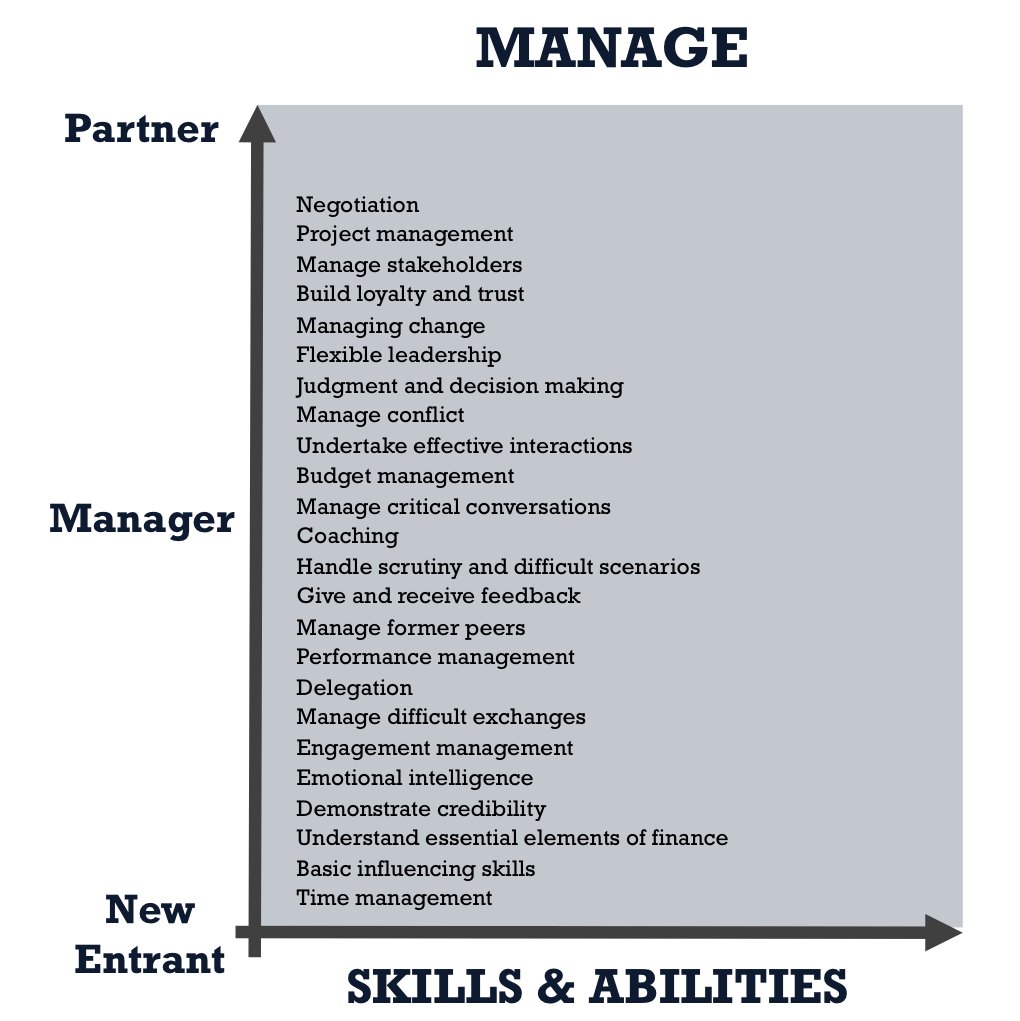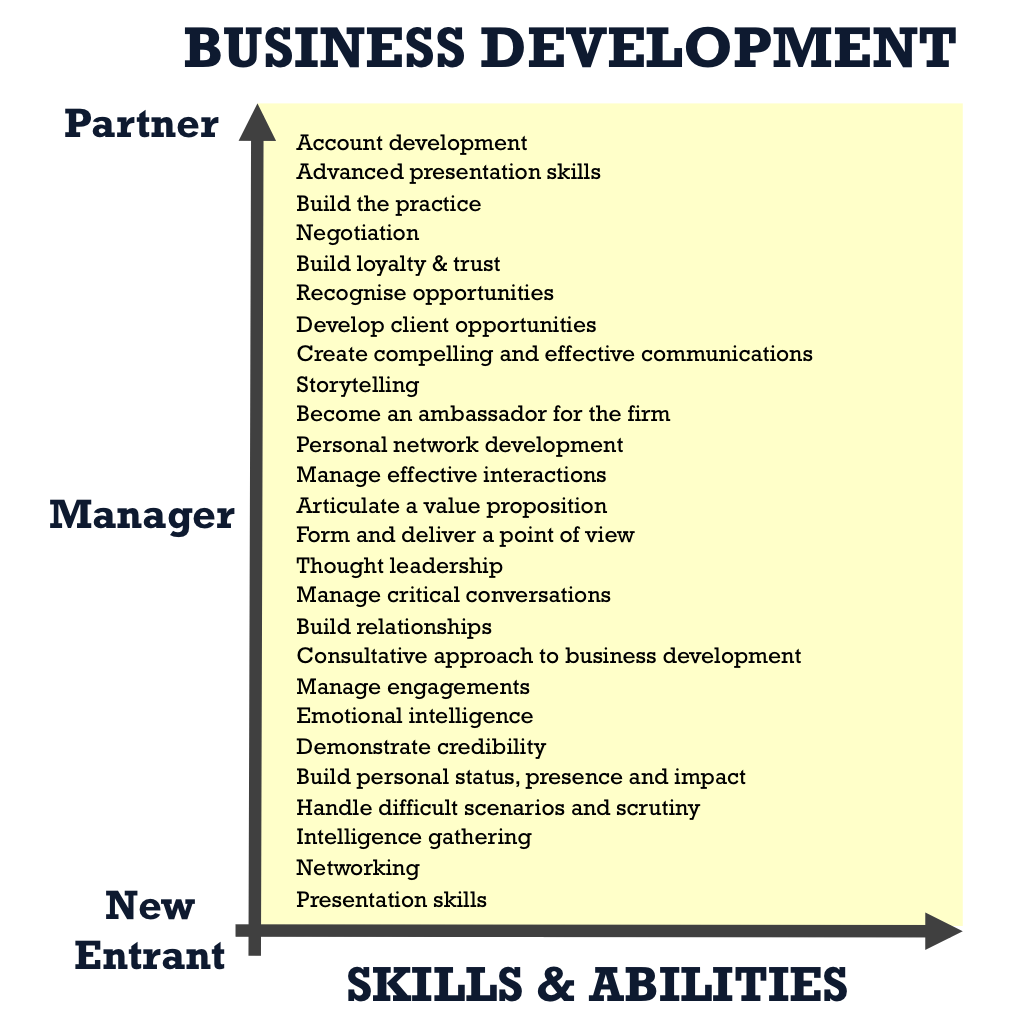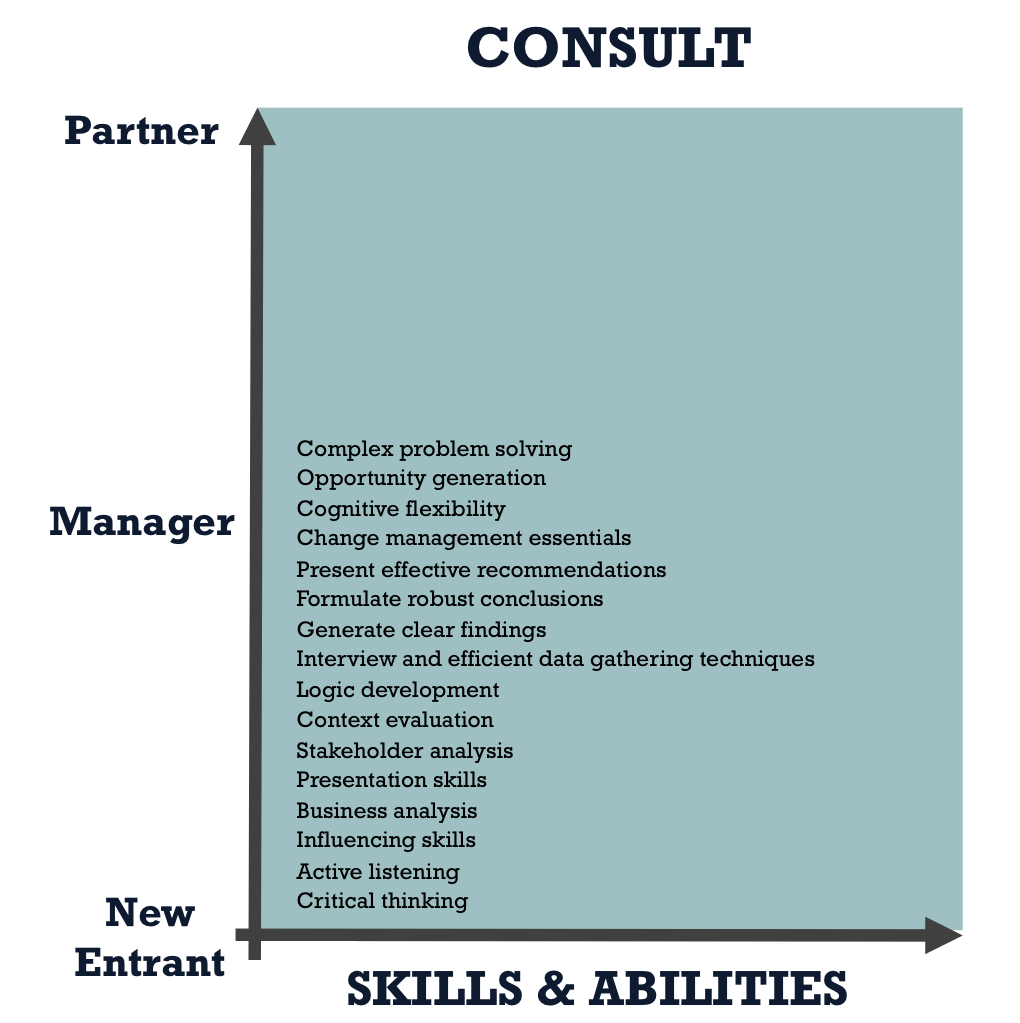Consulting Excellence: The Implications for Professional Development
2 min read
Consulting Excellence is the ground-breaking new scheme for the UK’s leading management consulting firms. It is a hallmark of quality that enables clients to make a better choice when buying consulting services and commits firms to the highest standards of ethical behaviour, client service and professionalism.
MCA member firms adopt the Nine Principles of Consulting Excellence that are split into three main tenets: Ethical Behaviour, Client Service and Value and Professional Development.
As an Associate Member of the MCA we are delighted and proud to sign up to and support this new initiative.
Consulting Excellence: The Three Professional Development Principles
Consulting Excellence firms develop the capabilities of their consultants, provide career development opportunities and support the welfare of all their employees. This means:
1. We undertake training and development planning each year.
2. We promote strong core consulting capabilities and specialisms in our consultants and teams.
3. We support our employees’ career progression, professional development and welfare.
What should a Consulting Excellence professional development curriculum look like?
To achieve the three ‘Consulting Excellence’ professional development principles, as well as attaining exceptional analytical and business modelling ‘technical’ skills, consultants need to learn and excel in certain ‘non-technical’ cognitive and behavioural consulting skills.
Throughout a consulting career, consultants are expected to assume certain core responsibilities that can be summarised into four main areas. The shouldering of each responsibility changes as a consulting career progresses:
Consult: Core consulting activities that deliver value, identify opportunities and solve problems for clients
Manage: Lead a consulting team and manage client engagements
Business Development: Develop a stream of business (with new or existing clients) for consultants to deliver
Lead: Grow the business, exemplify the brand, embody the culture and ensure the firm’s legacy and heritage
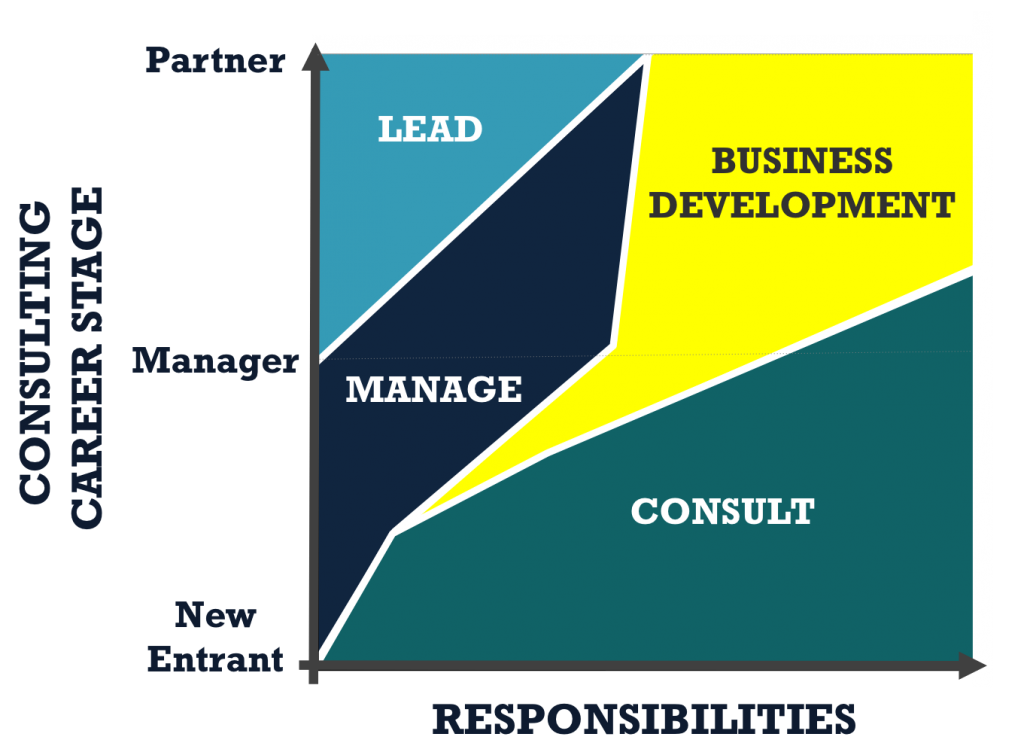
Achieving Consulting Excellence: A Consulting Curriculum
To fulfil each key responsibility with distinction requires a consultant to apply a variety of behavioural and cognitive skills throughout their career, many of which will not be intuitive. The role of a consulting curriculum should be to ensure that these core behavioural and cognitive skills are identified, learned, practised, developed and refined, either through formal training, self-development or mentoring and coaching.
Having trained management consultants worldwide for over 25 years, we have identified the core abilities and skills relevant to each responsibility below and we believe firms who learn, adopt, share and model these skills among their consultants will be best placed to achieve the ambitions of Consulting Excellence.
Contact us to find out how we might help you to develop these core skills and behaviours within your consulting firm.

